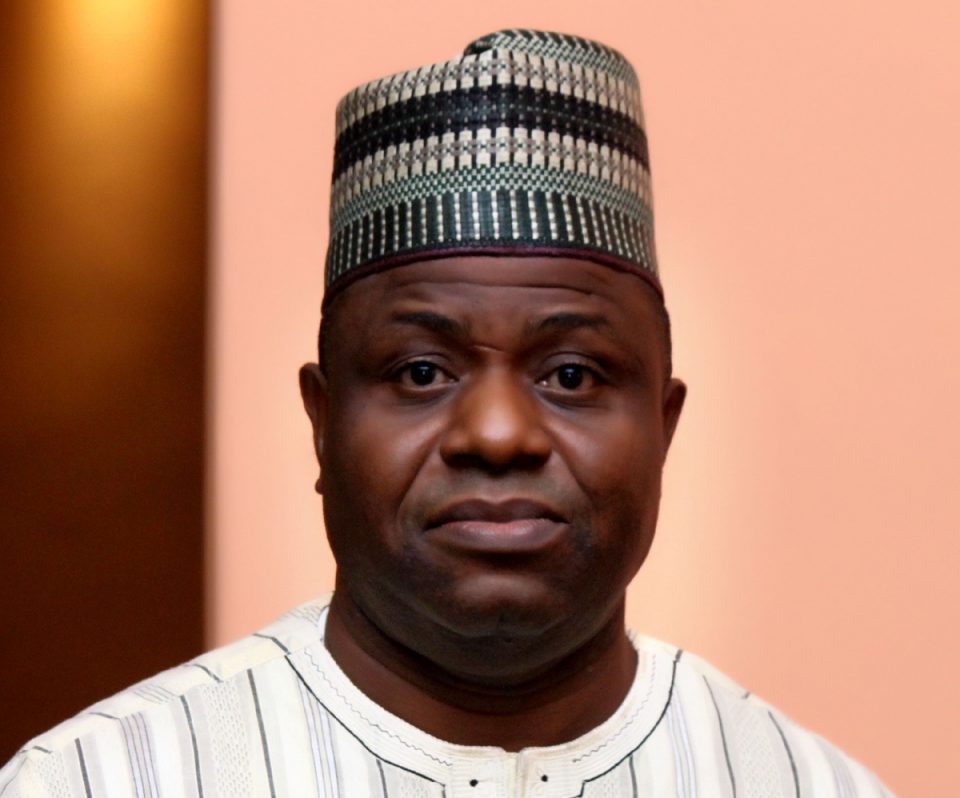The Manufacturers Association of Nigeria (MAN), on Tuesday said that the Manufacturing sector had the potential to contribute more into the nation’s economy than the oil sector.
The Director, Research & Advocacy Support Division of MAN, Dr Oluwasegun Osidipe, said this at a one-day workshop on “The African Continental Free Trade Agreement (AfCFTA) Challenge on Nigerian Businesses”, organised by the Nigeria Union of Journalists (NUJ), Lagos State Council.
Osidipe who presented a paper titled “AfCFTA: Hurdles Before Nigerian Manufacturers’’ said that given the conducive environment for production, the manufacturing sector would perform better than the oil sector.
He said that the manufacturing sector had the potential to change the prevailing economic performance narrative of the nation.
According to him, manufacturers are not afraid of competition as the industry is well positioned locally to strive in the regional market.
‘’The expectation is that government will ensure that all the requirements and expectations are met, particularly the concerns of the stakeholders,’’ Osidipe said.
He noted that necessary measures needed to be put in place to position the country for beneficial trade.
‘’Safeguard measures and safety nets must be in place to shield the economy from injurious trade practices that characterise free trade areas,” he said.
Uansohia Vanessa.who represented the Managing Director, Skyway Aviation Handling Company Plc, Mr Basil Agboarumi, said that AfCFTA would boost trade and tourism, enforce relations and promote cultural activities amongst countries
Agboarumi said Nigeria had a very rich tourism environment that could increase the nation’s revenue.
“It could also create infrastructure revolution and reduce wastage.
“Language barrier could be a challenge because there are diverse languages – English, French, Swahili, amongst others. So there should be an adopted lingua franca.
The Executive Secretary of Nigerian Shippers’ Council, Mr Emmanuel Jime, recommended that for the objectives of AfCFTA to be achieved, there should be speedy development of rail project to facilitate movement.
The executive secretary who was represented by an Export Desk Officer, Juliana Saka, suggested a reduction of checkpoints across the nation’s trade corridor to encourage exporters.
He said that there was need for implementation of a favourable exchange policy by the Central Bank of Nigeria (CBN).
He, however, concluded that AfCFTA could complement Nigeria’s national development agenda and act as a catalyst for the country’s economic growth.
The Director-General, Nigerian Maritime Administration and Safety Agency (NIMASA), Mr Bashir Jamoh, highlighted the challenges of maritime security.
The director-general, represented by Mr Owonubi Olajide, Deputy Director, NIMASA, suggested how to secure the maritime domain.
“The Suppression of Piracy and other Maritime Offences Act is the legal framework aimed at prosecuting acts of piracy and maritime terrorism.
“This Act is intended to help Nigeria in creating a more secure maritime environment. Interventions of this nature are aimed at protecting crew, vessels, port facilities and cargo.
“Countries coming together to enact, update and harmonise other anti-piracy laws and legislations and policies across the region.
“Strict enforcement of environmental standards and conventions on pollution. Strict penalties should be set up to act as deterrent.
“Improve sea enforcement and capacity for enforcing conservation laws against Illegal, Unreported and Unregulated (IUU) fishing.
“International and regional cooperation and collaboration among nations via joint measures should be encouraged in areas of security and financing,’’ he said.
Jamoh said that the collaboration was to combat piracy and maritime terrorism through intelligence gathering, maritime monitoring and asset development.
He, however, said that it was hoped that Africa would continue to pursue cooperative security ventures and collaboration to eliminate piracy and other security threats.
The Comptroller-General of Nigeria Customs Service, Col. Hammed Ali (Retired), represented by Deputy Comptroller of Customs, Musa Omale, noted that revenue would increase when trade is facilitated.
The comptroller-general spoke on “Nigeria Customs Service and Trade Facilitation under AfCFTA’’.
In a welcome address, the Chairman, NUJ Lagos State Council, Mr Adeleye Ajayi, said creating a single, continent-wide market for goods and services, business and investment, would reshape African economies.
“The implementation of AfCFTA will be a huge step forward for Africa, demonstrating to the world that Africa is emerging as a leader on the global trade agenda,’’ Ajayi said.
In an opening remark, the Chairman of the Workshop, Dr Eugene Nweke, was optimistic that with faith and total commitment, AfCFTA would be a huge success story.




